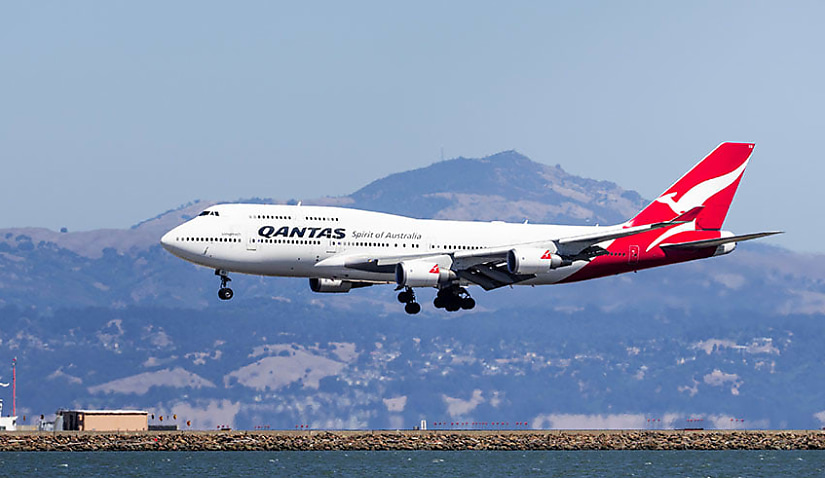Powered by MOMENTUM MEDIA
A court was told three of the 1,700 workers illegally sacked by Qantas have suffered financially and emotionally in the years since.

Compensation hearings began in the Federal Court on Monday morning (18 March) to determine how much the 1,700 ground staff are entitled to for being illegally terminated in November 2020.
“The immediate and knowing consequences of Qantas’ conduct was that the overwhelming majority of those ground handling employees would be entrenched and lose their employment,” Gibian said.
In his opening submissions, Gibian took Justice Michael Lee briefly through the affidavits of three former employees who were put forward as “test cases” to provide evidence of the potential loss.
The loss in the affidavits ranged from economic loss, mental health distress and an inability to find new employment.
The court was told Qantas intends to argue that had it not terminated the staff in November 2020, it would have done so immediately after the pandemic and the second attempt would have been legal.
Appearing outside of court before the hearing began, employment lawyer Josh Bornstein from Maurice Blackburn – the firm representing TWU – said the workers would have “remained in employment for a significant period of time” after the pandemic.
He said this entitled them to a “significant amount of compensation”, which he expects will run “into the very millions of dollars”.
“We will continue standing alongside TWU and the 1,700 workers to fight for as long as it takes to ensure Qantas is held accountable for its wrongdoing,” Bornstein told reporters.
The matter returned to the Federal Court after Qantas unsuccessfully appealed the unlawful sacking finding in the High Court.
A mediation ordered by Justice Lee also fell apart.
Also appearing outside court, TWU national secretary Michael Kaine said it has been a “torturous road to justice” for the workers.
“These workers have been dragged to hell and back through two painful, unsuccessful appeals, [and] through a failed mediation process,” Kaine said.
False start in compensation hearings
The compensation hearing was stopped in its tracks by a late-stage application from the union early on Monday morning.
Gibian was only moments into his opening submissions when a comment about compensation brought the proceedings to a standstill.
Justice Lee interrupted Gibian when he mentioned there would be “some other issues” for the court to deal with alongside the workers’ compensation claim, “including a separate claim for compensation to the union directly for consequences to it”.
After some back and forth, Gibian clarified that TWU would be seeking to recover membership fees it believed it lost as a result.
Of the 1,700 workers, Gibian told the court there were 716 members who were members at the time of the sackings.
Justice Lee said that despite him bringing the issue up in September 2023 after reading comments made by the union in media reports, there was no additional compensation application made to the court.
“This should have been sorted out months and months and months ago,” Justice Lee told Gibian.
“It is not good enough to get up in opening and say I am bringing a completely new claim when I made it totally clear (in September) that there were no other claims sought.”
Justice Lee went on to say he had moved his calendar around and issued quick judgments to give the 1,700 workers some relief, but the union has “sat on its backside and not brought an application”.
“What possible justification is there for not using the court processes responsibly?” Justice Lee asked.
Gibian submitted the workers’ compensation should go ahead as planned and that the TWU compensation could be heard either before or alongside the penalty hearing at a later date.
Justice Lee dismissed this at first, telling Gibian he does not have “endless hearing time” and it would be a “complete and utter waste of the court’s time and my time” to have three separate hearings.
Qantas submitted it would be unable to be run alongside the workers’ compensation hearing because they would need extensive data, such as whether any of the sacked workers were still in the transport industry and if they were still financial members of the union.
After further discussion, Justice Lee agreed to allow the union’s compensation hearing to be heard alongside the penalty matter but said the situation was “far from ideal”.
We're evolving — and so should your insights. Heads up — Lawyers Weekly is going premium from 1 May for just $5 a month. Stay informed without missing a beat. More information coming soon.

Naomi Neilson is a senior journalist with a focus on court reporting for Lawyers Weekly.
You can email Naomi at: